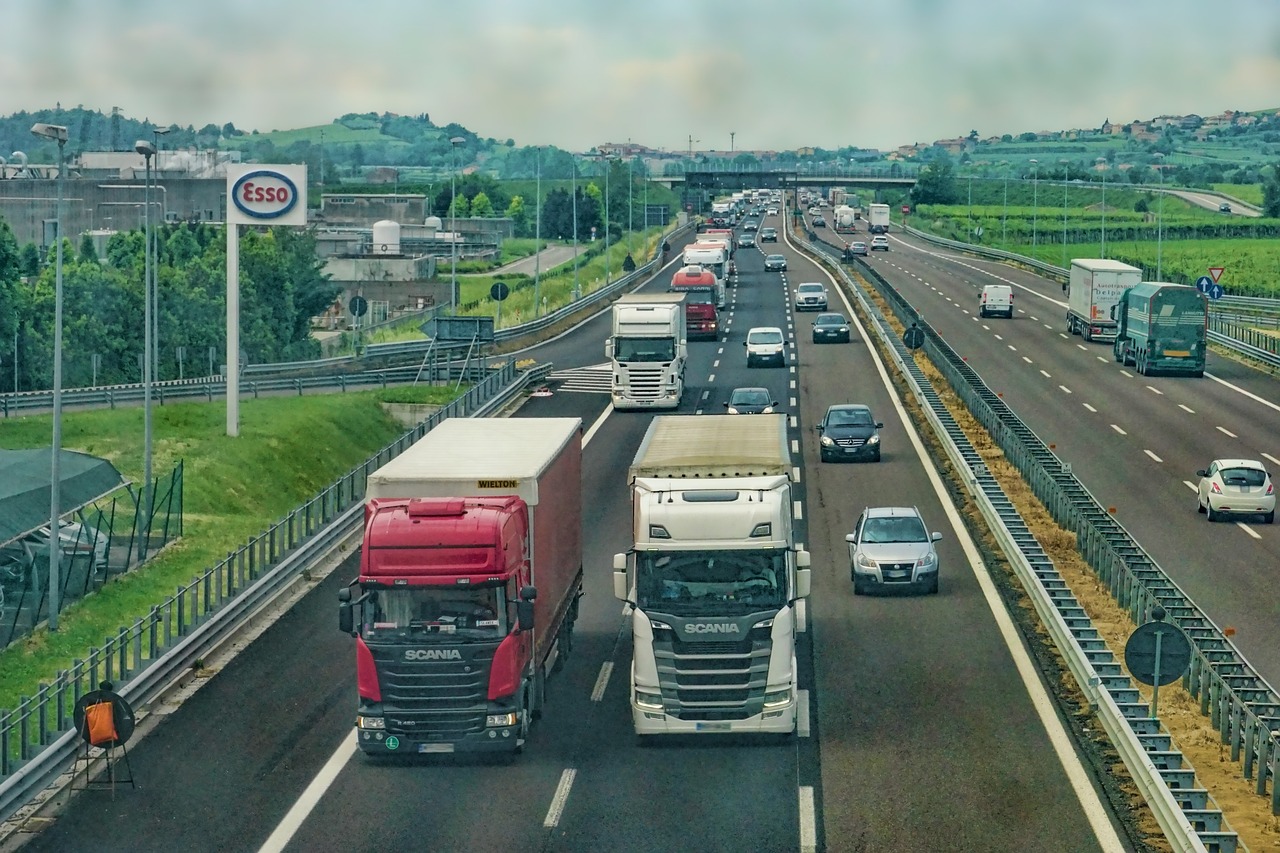Truck accidents are a harrowing experience for all parties involved. They can result in catastrophic injuries, extensive property damage, and even loss of life. Understanding the intricacies of truck accident liability is crucial, whether you are a victim seeking compensation or a truck driver looking to protect your interests. This comprehensive guide will delve into the various aspects of truck accident liability to provide you with a better understanding of how the legal system handles these complex cases.

Establishing Liability
Determining liability is a complex process that involves carefully examining various factors. Explore online, where you may find a website dedicated to truck accident lawyers. It is on their website where you can read more about establishing liability and what you can do. Essentially, negligence is a critical factor in establishing liability in truck accident cases. To prove negligence, it must be demonstrated that the truck driver or another party acted carelessly, leading to the accident. This may include actions such as speeding, distracted driving, or driving under the influence. Also, violations of traffic laws can strongly influence liability in a truck accident case. If a truck driver is found to have violated traffic laws, they may be held responsible for the accident.
Truck accidents can also result from maintenance and equipment issues. Suppose it is found that the truck involved in the accident had mechanical problems or was not correctly maintained. In that case, liability may be assigned to the trucking company or the maintenance provider. Improper loading of cargo can affect the balance and stability of a truck, leading to accidents. If it’s determined that the cargo was loaded incorrectly, the party responsible for loading the cargo may be held liable.
Parties Potentially Liable
Truck accidents can involve multiple parties, each potentially liable in their own way. Understanding the various parties involved is crucial when determining liability. The truck driver is the first party to be examined for liability. Their actions, such as speeding, distracted driving, or driving under the influence, can directly contribute to the accident. The trucking company that employs the driver may also be held liable. If they fail to properly screen and train their drivers, force unrealistic schedules, or neglect maintenance and safety protocols, they may share liability. Manufacturers of the truck or its components may be liable if a defect in the vehicle or equipment is determined to have caused the accident. This could include issues with brakes, tires, or other critical components. In some cases, other motorists on the road may be partially liable if their actions contributed to the accident, such as sudden lane changes or running red lights.
The Role of Insurance
Insurance plays a crucial role in the resolution of truck accident liability. Trucking companies must carry substantial insurance coverage to compensate for potential accidents. The minimum insurance requirements vary by state, but they are typically much higher for commercial trucks than regular passenger vehicles. These insurance policies cover the costs associated with accidents, including medical expenses, property damage, and legal claims. However, insurance companies can be complex and challenging, as their primary goal is to minimize payouts. Victims of truck accidents must navigate the claims process and work with experienced attorneys.
Compensation for Victims
Victims of truck accidents are often entitled to compensation for their injuries and losses. They can seek compensation for hospitalization, surgeries, rehabilitation, and ongoing treatment related to their injuries. Compensation may be available for the repair or replacement of the victim’s vehicle and other personal property damaged in the accident. Victims who cannot go to work due to their injuries can seek compensation for lost wages, including past and future earnings. They can also seek compensation for physical and emotional pain and suffering.
The Importance of Legal Representation
Navigating the complex legal landscape of truck accident liability can be daunting, and victims are often best served by retaining experienced attorneys. Legal practitioners can conduct a thorough investigation of the accident, gathering evidence, speaking to witnesses, and consulting with experts to determine liability. They can negotiate with insurance companies, including advocating for compensation that covers all the victim’s losses. If a fair settlement cannot be reached, attorneys can take the case to court and support the victim in a trial. They will present evidence, question witnesses, and make compelling arguments to prove liability.
Preventing Truck Accidents
Prevention is always better than dealing with the aftermath of a truck accident. Stricter regulations in the trucking industry can help ensure that drivers are well-rested, vehicles are adequately maintained, and safety measures are followed. Implementing advanced safety technology in trucks, such as collision avoidance systems, can help prevent accidents. Comprehensive education and training programs for truck drivers are essential to improve their skills and knowledge of safety practices. Public awareness campaigns can inform motorists about the dangers of driving around large trucks and how to share the road safely.

Truck accidents are complex and often devastating, with multiple parties potentially liable for the injuries and damage they cause. Understanding truck accident liability is crucial for victims seeking compensation and trucking companies aiming to protect their interests. Ultimately, truck accident liability is a multifaceted issue, and addressing it requires a combination of legal measures, safety precautions, and public awareness to protect the well-being of all road users.


Comment here